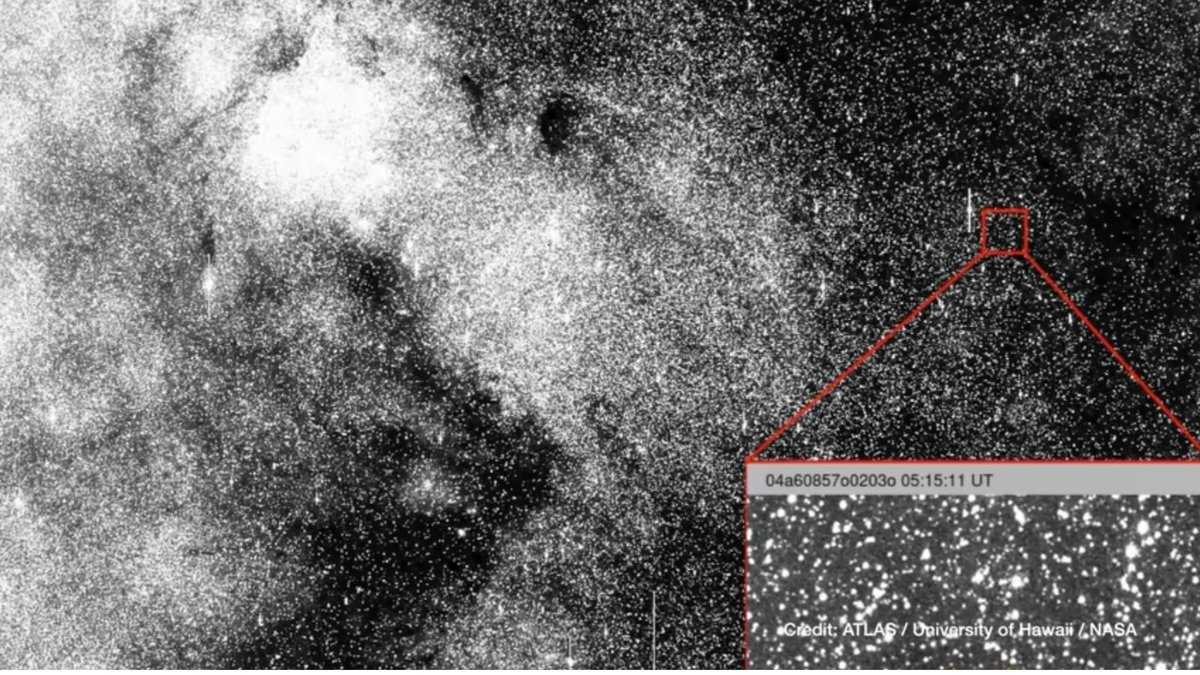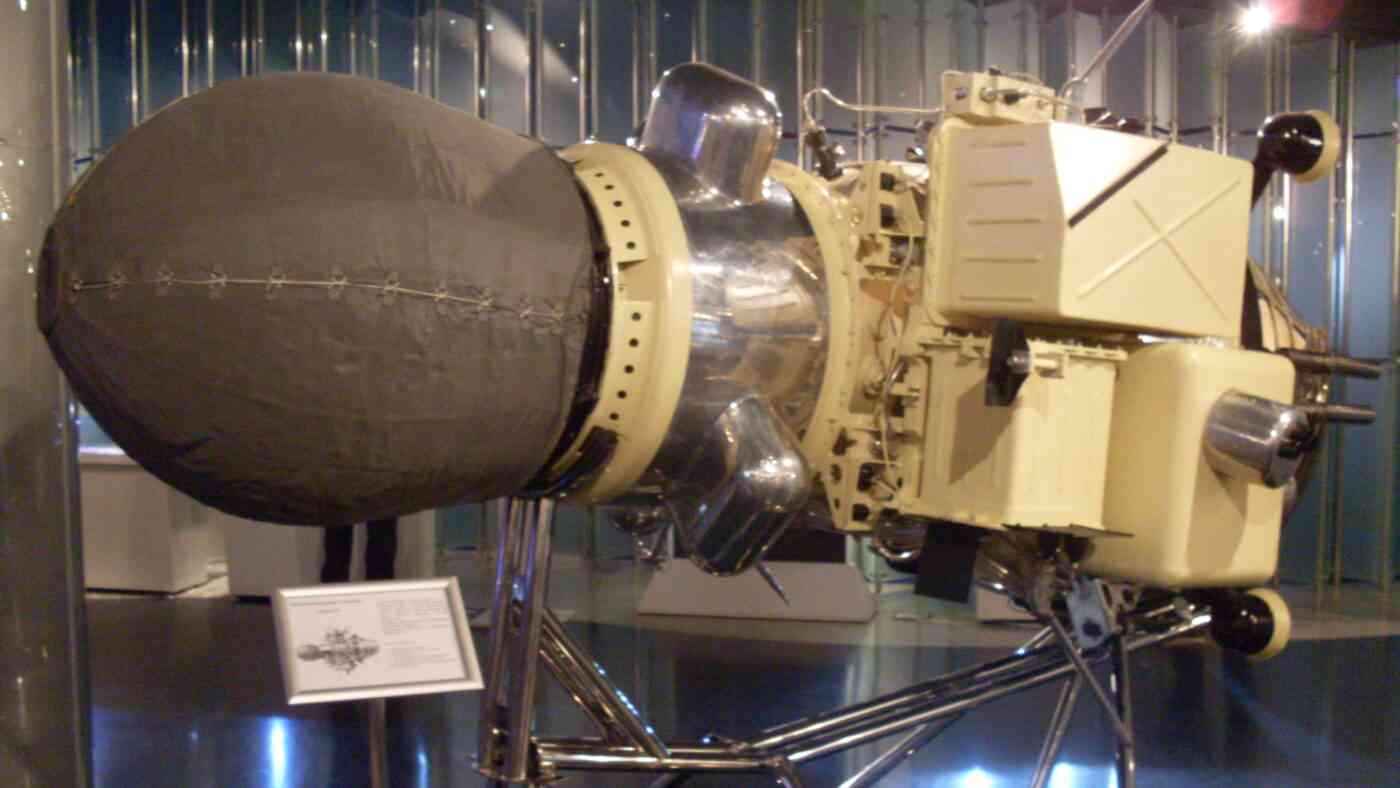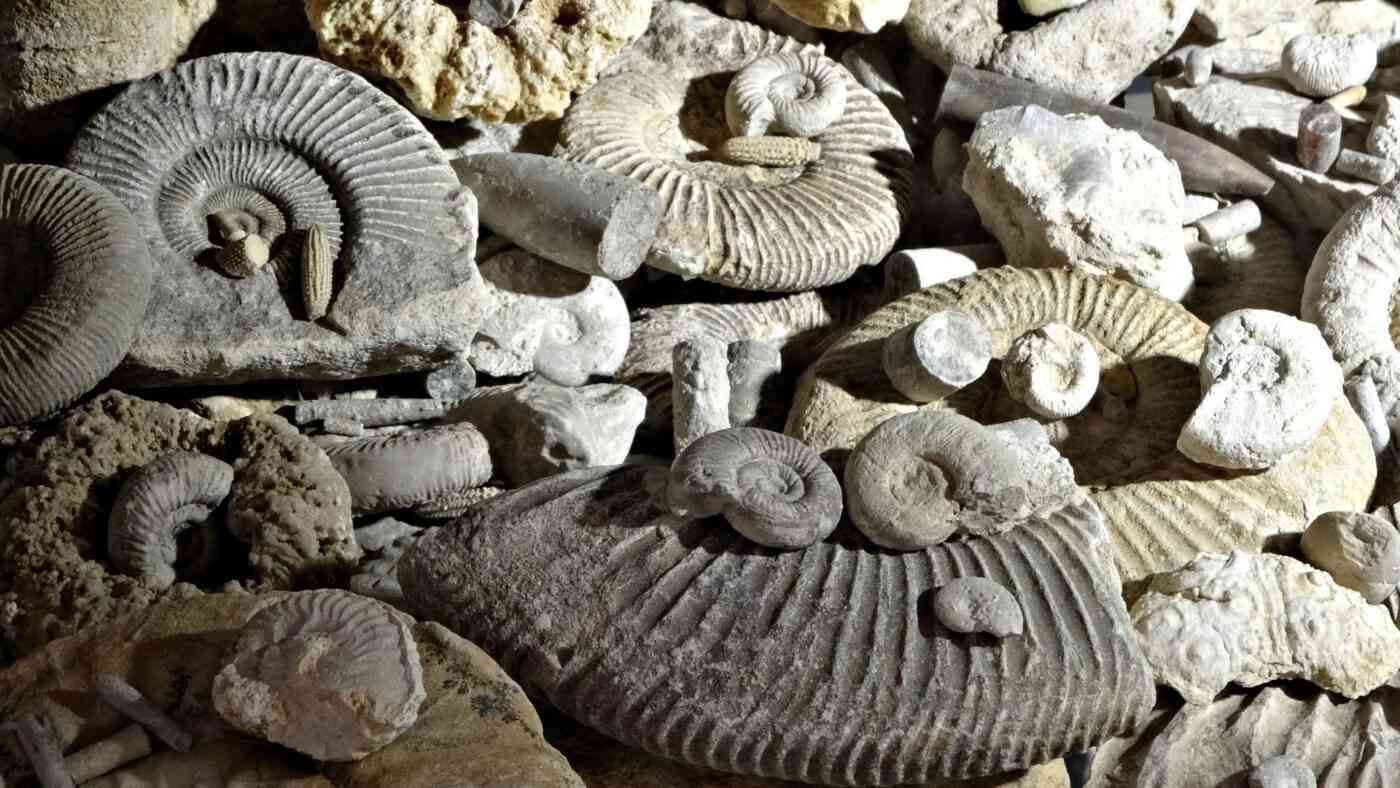Science
Is Water in Space the Rule, Not the Exception? The Mystery of Planetary Birth
24 February 2026

Lead Something from deep space is approaching that could change our understanding of the cosmos. While officially designated as a new comet, a prominent physicist suggests it's a signal from an alien civilization. Is the object 3I/ATLAS a sign of first contact, or just a trick of the imagination?
The comet 3I/ATLAS, currently heading toward our Solar System, is creating a stir, and not just among astronomers. According to Professor Avi Loeb from Harvard University, this object might be more than just a typical piece of ice and rock. So, what exactly is this mysterious object? Is it a comet or an alien spacecraft?
“It could be an artificially launched probe,” he told Newsweek.
While most scientists simply see it as an unusual comet, Loeb presents a bold hypothesis. He argues this mysterious cosmic object could be the result of advanced technology built by extraterrestrial beings.
You might like to read: An Awakened Black Hole Devoured a Star. What Was Hiding in the Cosmic Dust?
Loeb has several arguments to support his theory. First, he points to some of the object’s strange characteristics. Its flight path is the first peculiarity. The comet is traveling on a rare retrograde orbit, crossing Earth’s orbit at an angle of just 5 degrees. According to Loeb, this seems unlikely to be a coincidence, especially since the probability of such an alignment is only 0.2%.
Next, its size is unusual. With a diameter of 20 kilometers, it is quite large for an interstellar object. The third key feature is the lack of a tail and gaseous traces, which are typically associated with comets.
“Spectroscopic studies found no spectral features of cometary gas,” Loeb notes.
The most suspicious aspect, however, is that the object will be at its closest point to the Sun on October 29, 2025, but it will be invisible from Earth at that time.
“This could be an action designed to avoid detailed observation,” the researcher suggests.
Not everyone agrees with such a bold conclusion. Richard Moissl from the European Space Agency is urging caution.
“Our observations have found no signs pointing to an unnatural origin for 3I/ATLAS,” he told Newsweek.
He believes the object is most likely of natural origin, perhaps partially destroyed by the extreme conditions of space. Nevertheless, astronomers worldwide are closely monitoring its trajectory. Data on its orbit, brightness, and chemical composition could help answer the question of what this unusual object truly is, and whether we can learn something about other planetary systems from it.
This is not the first time Loeb has challenged the scientific community. In 2022, he suggested that another object, Oumuamua, which sped through the Solar System, might be the remnants of alien technology. His opinions are often controversial, but he remains undeterred.
“If this hypothesis proves true, the consequences could be dramatic for humanity. It is better to be prepared for both options and to check if all interstellar objects are really just rocks,” the scientist stated.
The object 3I/ATLAS may indeed be just a chunk of ice and rock. But if even a shadow of Loeb’s suspicions is correct, humanity could be on the verge of a groundbreaking discovery. Regardless of the answer, one thing is certain: this mysterious cosmic object is already forcing scientists to ask questions we are not yet ready to answer. Is this merely a coincidence, or is someone truly looking our way?
Read the original article: Kometa bez gazu i światła. Naukowiec sugeruje pozaziemską technologię
Science
24 February 2026



Zmień tryb na ciemny